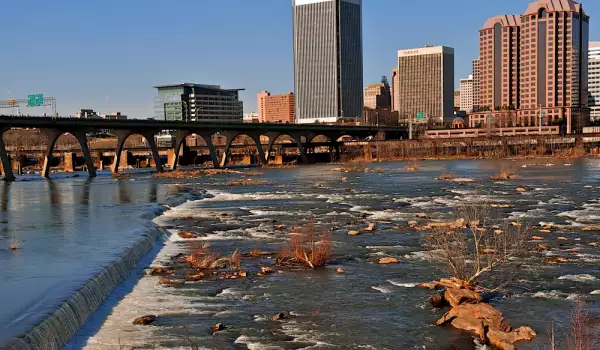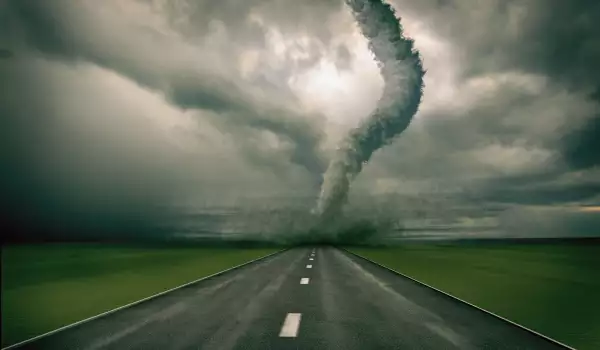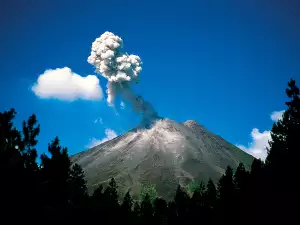Global warming is a fact, as well as all of the consequences it brings along with it. Observations by American ecologists have plainly revealed how the face of the US will become unrecognizable in the next 100 years.
Climate is changing on a global scale, and this in turn is leading to constantly occurring cataclysms. Scientists are adamant that in about the year 2100, the level of the World Ocean will have risen by a minimum of 0.7 ft (0.2 m) and a maximum of 7.9 ft (2.4 m). This will lead to a migration of the population from the coastal regions toward inland areas of the country.
The severe natural cataclysms on US territory will lead to a water shortage in some states, made even worse by the strong heat waves that will dominate nearly everywhere. Up to 80% of the snow on the mountain peaks of California and Alaska will melt.
The climate changes will affect not only the flora, but the fauna as well. Animals which are less enduring and more fastidious when it comes to their habitat, like small mammals, frogs and salamanders, will disappear. According to scientists, by 2080, 50% of the area suitable for trout will no longer be habitable by it.
What's more, the rise in acidity in the World Ocean will lead to the dying off of the coral reefs. Of course, as has always happened in nature, new species more suited to the new conditions will move in, in place of the extinct ones.

A report on these issues was published recently. The conclusions reached in it came from 300 experts from Germany, the US, Austria, Italy and Australia, who were tasked with evaluating the effects of global warming in the US. Besides making their predictions, they have even put forth the measures that can be taken to slow down or even stop these processes.
One of the theories was that if coal were to be replaced with natural gas, carbon dioxide emissions in the atmosphere might be significantly reduced.
But experience has shown that this plan is ineffective. The most important problem facing scientists today is finding a way to deal with global warming since the data are becoming ever more worrisome with each passing year.









